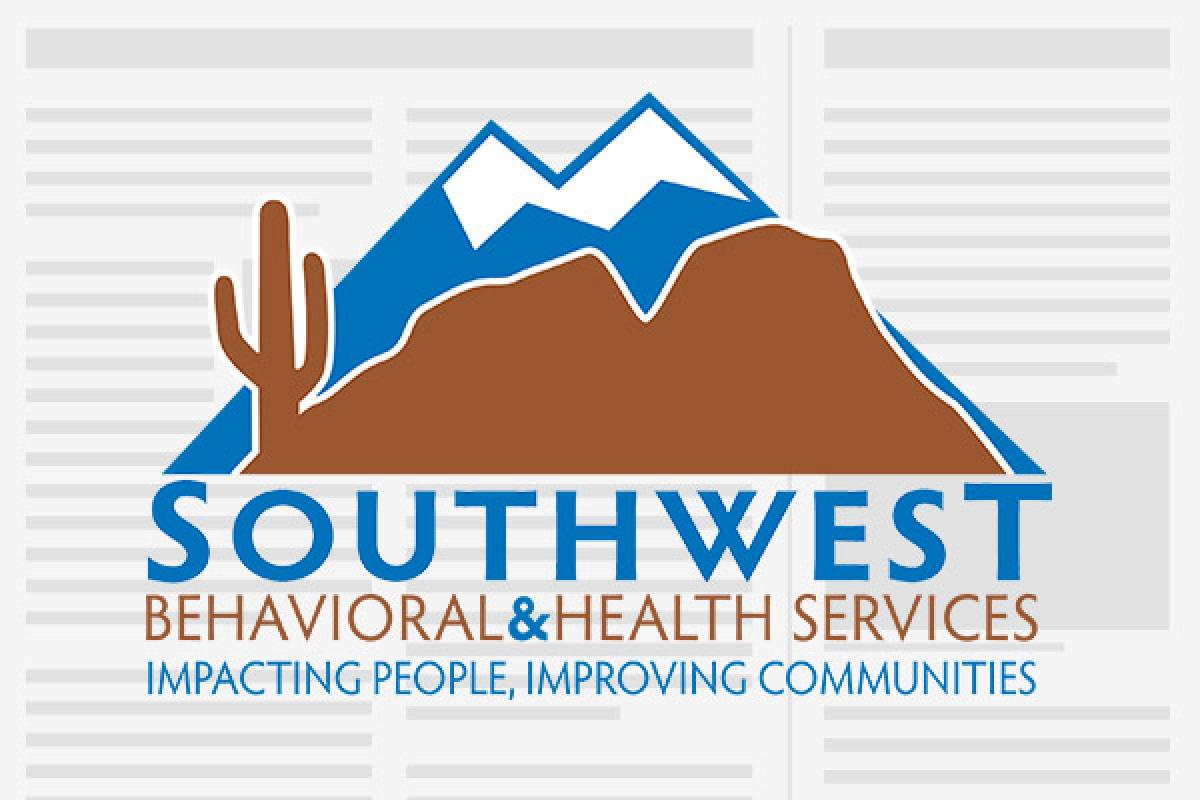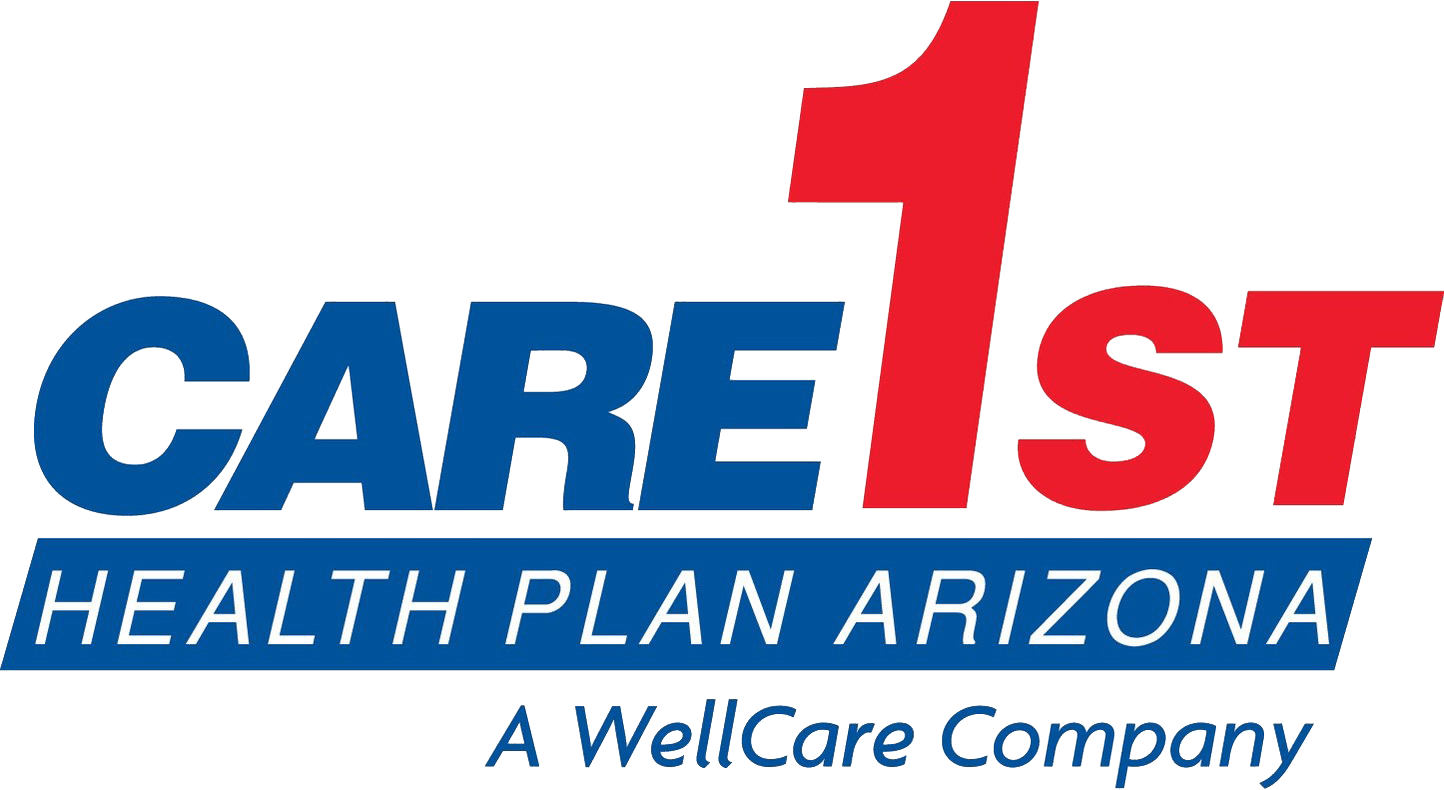
Studies show that children feel pressure from their parents to excel in sports in order to achieve possible scholarships or accolades. This added pressure may result in your teen considering a performance-enhancing drug as a shortcut to improve their athletic performance.
If you are a parent of a teen athlete, be sure to talk to them about the dangers of using performance-enhancing drugs. Explain the consequences, side-effects and provide help to your teen so they stay clear of these substances.
Among teens, here are some of the most common performance-enhancing drugs and supplements:
- Creatine is a naturally occurring compound in the body that's also sold as an over-the-counter supplement. It's primarily used to enhance recovery after a workout and increase muscle mass and strength. Creatine is popular with athletes who participate in football, gymnastics, hockey and wrestling.
- Anabolic steroids are synthetic versions of the hormone testosterone, used to build muscle and increase strength. They're popular with football players and weightlifters.
- Steroid precursors, such as androstenedione ("andro") and dehydroepiandrosterone (DHEA), are substances that the body converts into anabolic steroids. They're used to increase muscle mass. Most steroid precursors are illegal without a prescription. DHEA, however, is still available in over-the-counter preparations.
Teens also use performance-enhancing drugs to cope with body image insecurities. With the pressure for females to be thin and for males to have washboard abs, it is more important than ever to talk with your teens about the dangers of these drugs and encourage high self-esteem.














